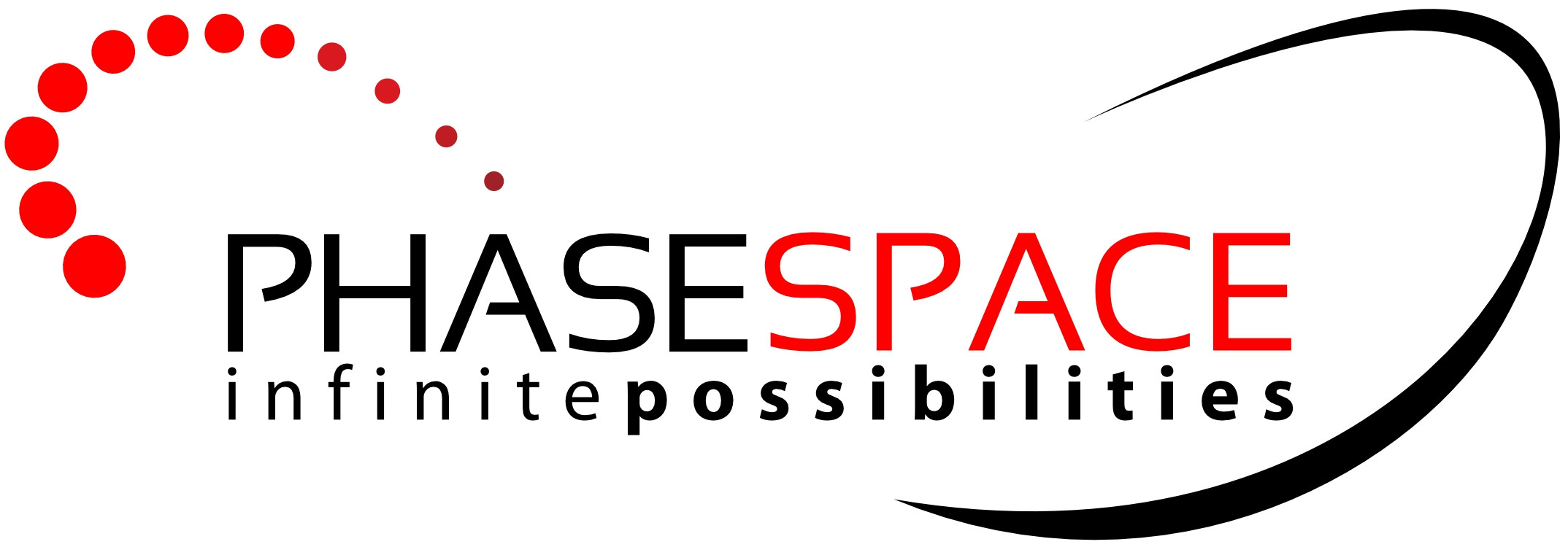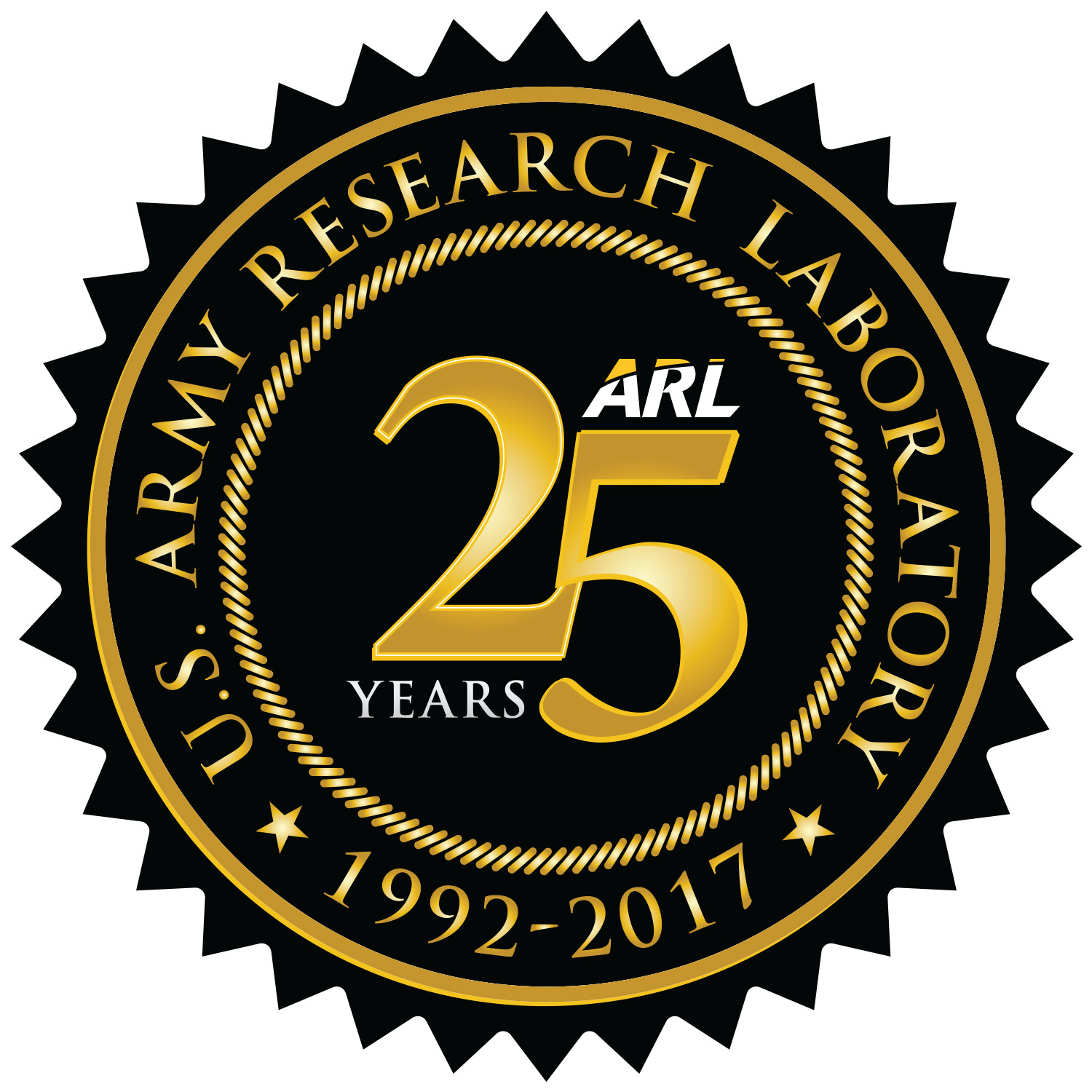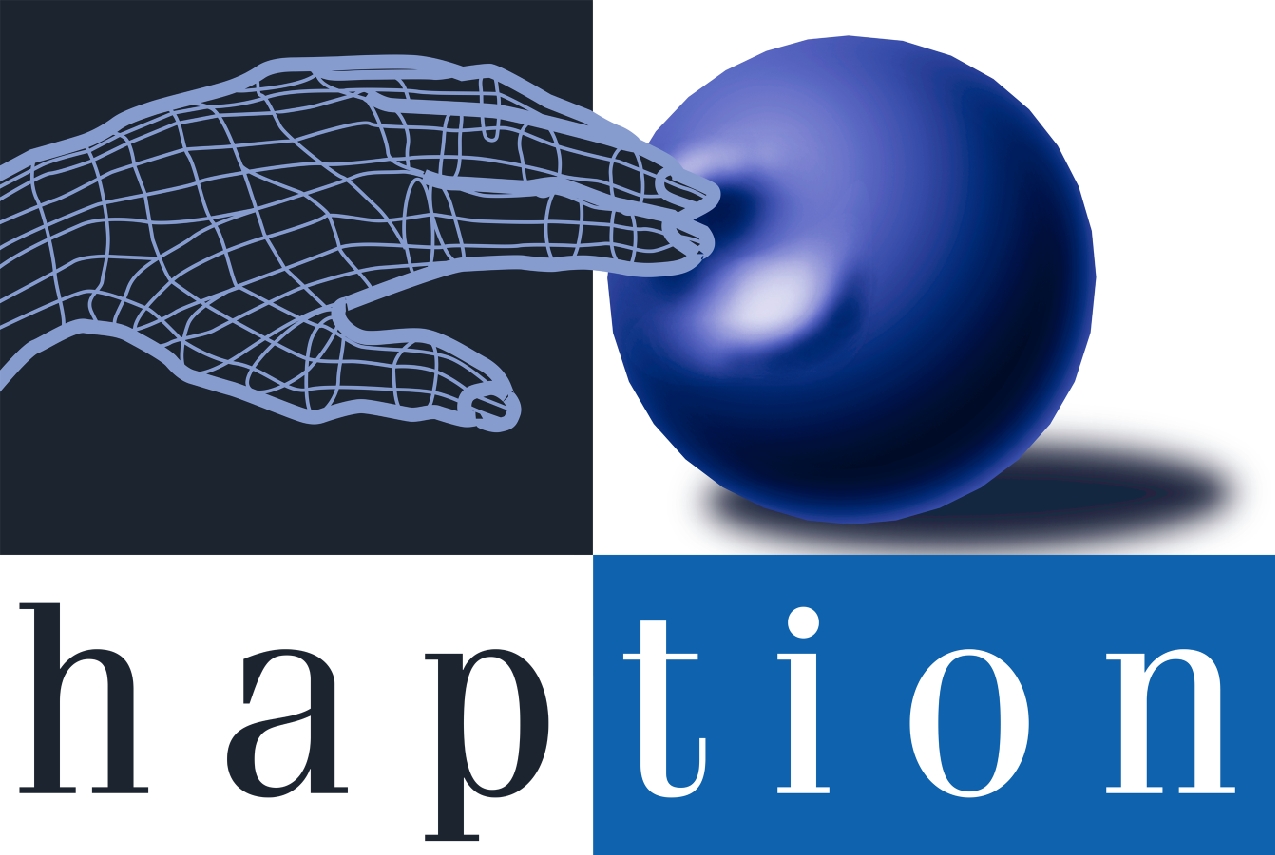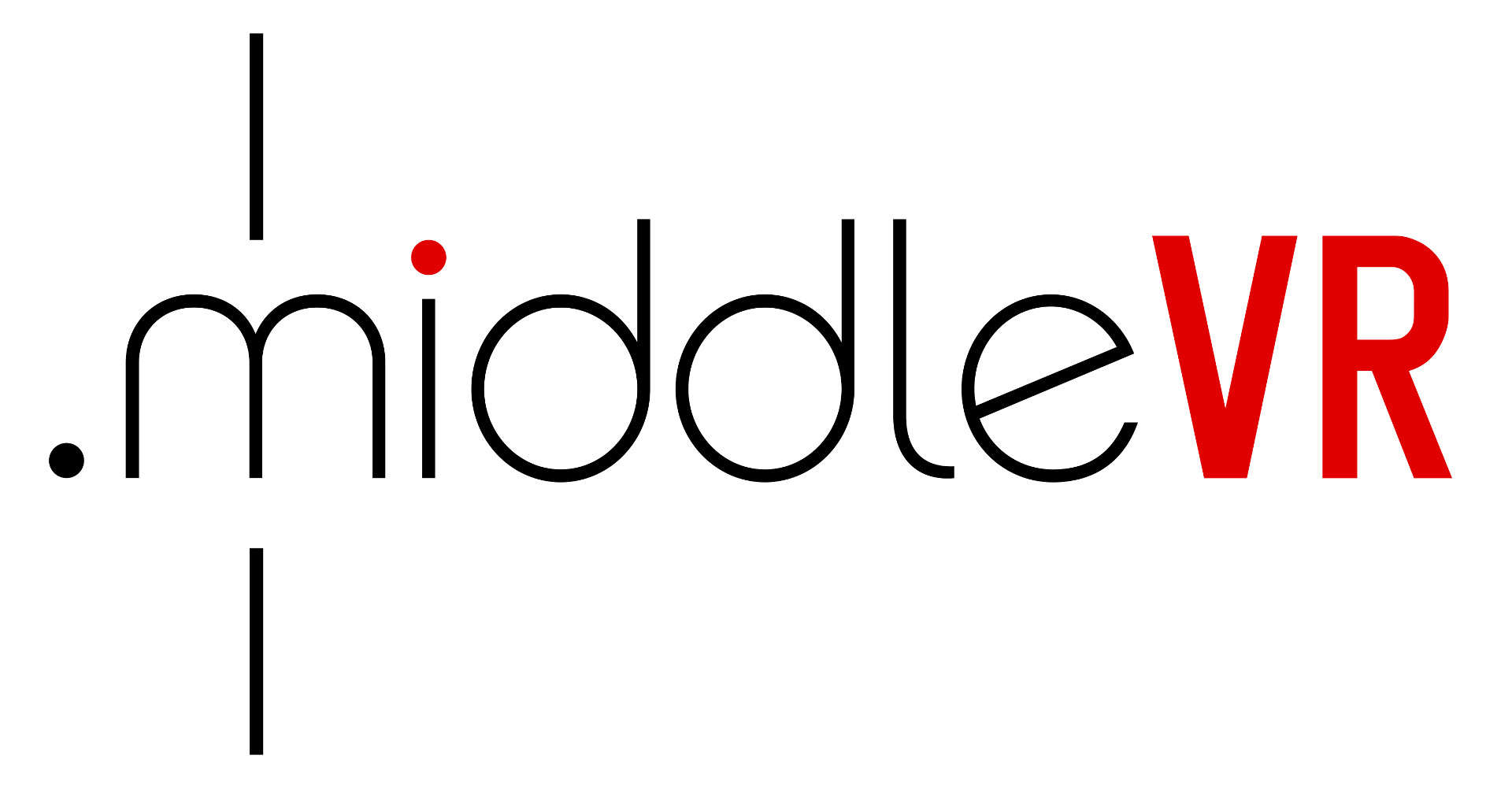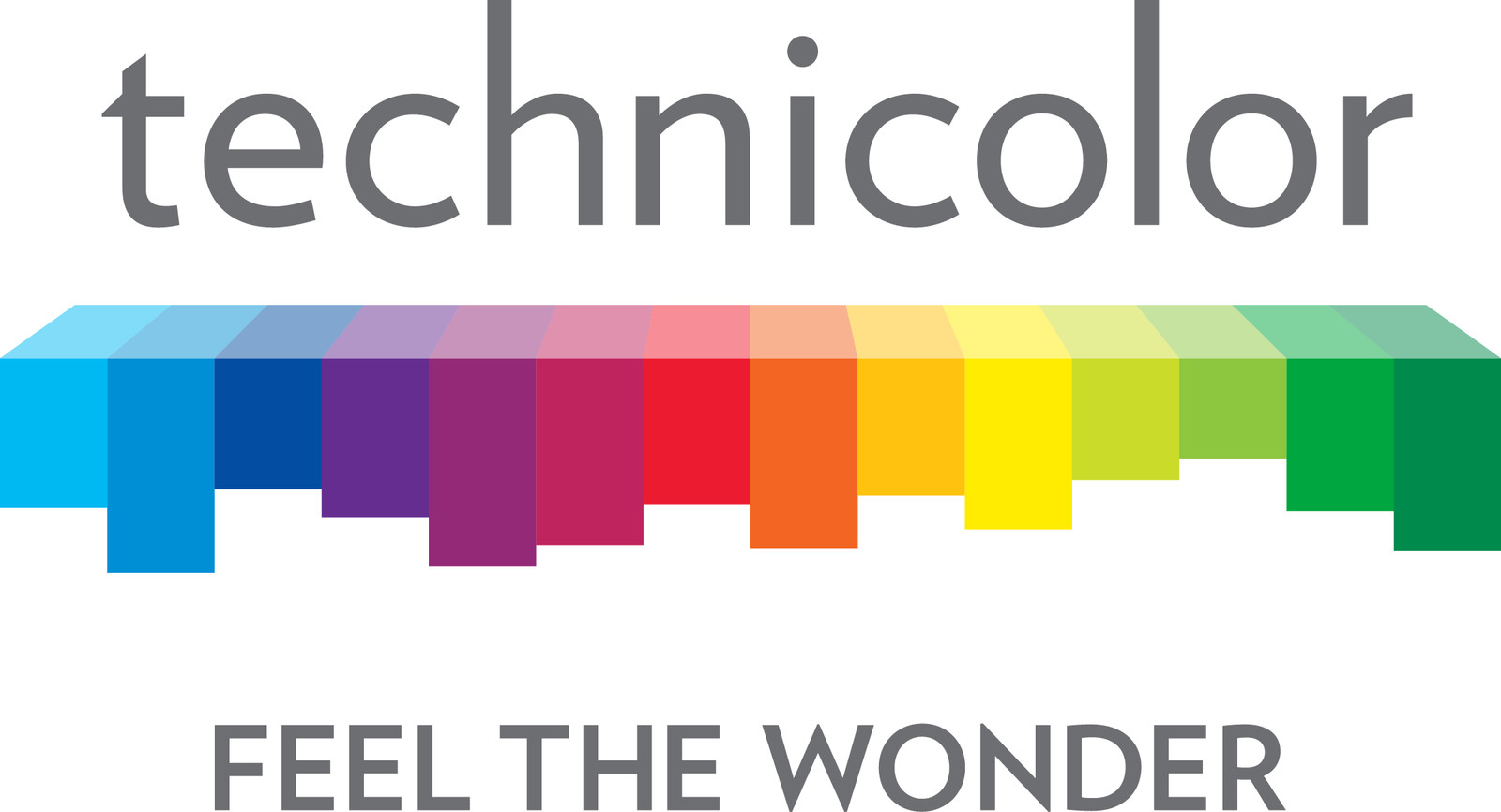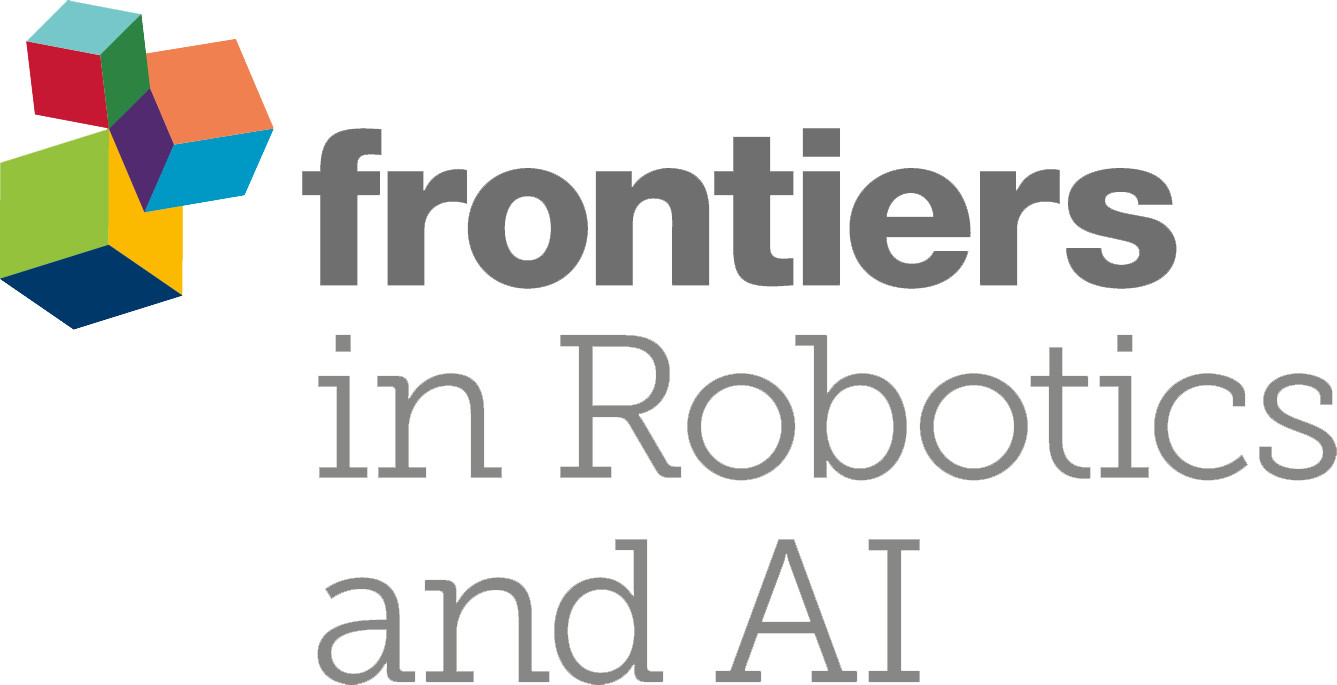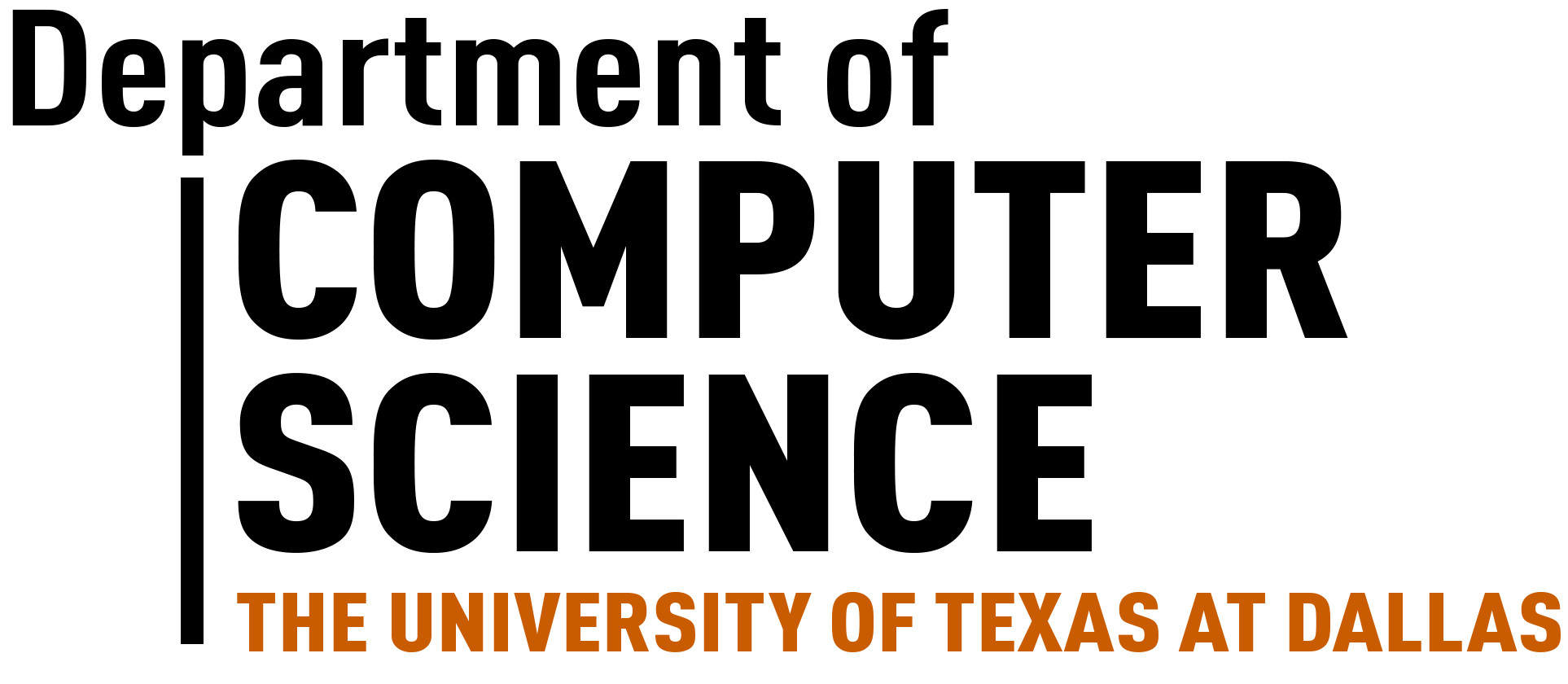Equitable Access to Interaction with Mobile-based Virtual and Augmented Reality Systems (EquiVAR)
Note: the EquiVAR workshop has been cancelled.
Virtual and augmented reality technologies and their applications in education, engineering, healthcare, and entertainment offer potentially unprecedented benefits to society. Thus, it is important for the research community to address social and economic imbalances so that people from diverse backgrounds have similar opportunities when it comes to accessing and using virtual and augmented reality. While the current cost of stationary VR systems is, and for a while will be, prohibitive to most of the world’s population, mobile-based head mounted displays are the means for democratization of access to VR and AR due to ever-increasing proliferation of mobile devices.
However, current mobile-based VR systems do not yet deliver a fluid, immersive experience comparable to stationary VR systems. While their quality of graphics and audio is quickly improving, one technological barrier that is not sufficiently addressed is their interaction. While stationary VR systems are often equipped with specialized spatial input devices, such as hand motion and pose tracking sensors, mobile-based HMDs provide, at best, voice input, head orientation, and a touchpad with a button or two. Mini-keyboards, touchpads, game controllers, and other standard input devices may be used in mobile-based VR, but they are neither effective in 3D interaction scenarios, nor do they provide input information necessary for adequate representation of the user in many application domains. In consequence, although the promise of virtual and augmented reality is to immerse the user in artificially generated, interactive 3D environments, mobile-based VR enables passive viewership rather than active participation.
The goal of this workshop is to facilitate discussions that will identify and categorize available input sources and interaction techniques that enhance the user’s immersion through mobile-based VR and AR, and thus positively impact equitable access to VR and AR. The expected contributions may examine the feasibility of using sensor data provided by low-cost, everyday devices to enable capturing of the user’s movement, identification and reconstruct the user’s environment, and recognition the user’s gestures, behaviors, poses, facial expressions, gaze direction, or emotional state. The proposed research does not need to be limited to the existing ecology of everyday devices, but may also uncover novel, low-cost input solutions that utilize EEG, EMG sensors, stretch bands, micro robots, audio and video input, and intelligent clothing, among other forms of input.
We invite authors to submit position papers, preliminary designs and research results, novel concepts, demos, prototype applications, or case studies. Submission length may vary from 2 to 6 pages (including references).
Date
Cancelled
Topics of interest
The workshop calls for, but is not limited to, the following themes:
- Novel interaction techniques that enable efficient performance of typical 3D interactions, such as navigation, travel, and object manipulation, by utilizing sensors that are already present in everyday devices
- Low-cost algorithms, including Machine Learning approaches, for environment reconstruction, or recognition of gestures, facial expressions, emotional state, and atomic activities from sensors (IMU, EEG, Myo, microphone, camera)
- Multimodal interactions, and sensor fusion and filtering algorithms that collect data from multiple types of sensors, or across multiple interconnected everyday devices.
- Prototype applications and systems in any domains, including but not limited to gaming, education, engineering, and healthcare
- Evaluation and validation methodologies that focus on ergonomics and reduction of fatigue as well as qualitative and quantitative characteristics of interactions with mobile-based VR and AR
Research works on the above themes that do not focus on mobile-based VR and AR systems are not suitable for this workshop.
Important Dates
- Abstract submission February 3, 2017
- Submission Deadline: February 5, 2017
- Notification: February 12, 2017
- Camera-Ready: February 24, 2017
Submission Information
http://easychair.org/conferences/?conf=equivar2017
Papers should be submitted via our EasyChair website (link above). Submissions must be anonymous and in PDF format using the IEEE VR template. A committee of expert reviewers in the aforementioned domains will review all submissions. At least one author per paper must register for the workshop as well as one day of the IEEE VR/3DUI conference. Authors of accepted papers will be expected to give a 10-minute presentation at the workshop with an additional 5 minutes for discussion and questions. Proceedings will be submitted for inclusion in the IEEE Digital Library.
Organisers
Krzysztof Pietroszek, Liudmila Tahai, Jessica Vega
Contact
Please send any queries to Krzysztof Pietroszek (kpietroszek–at—csumb –dot– edu). For further information visit equivar.gameresearchlab.org.
